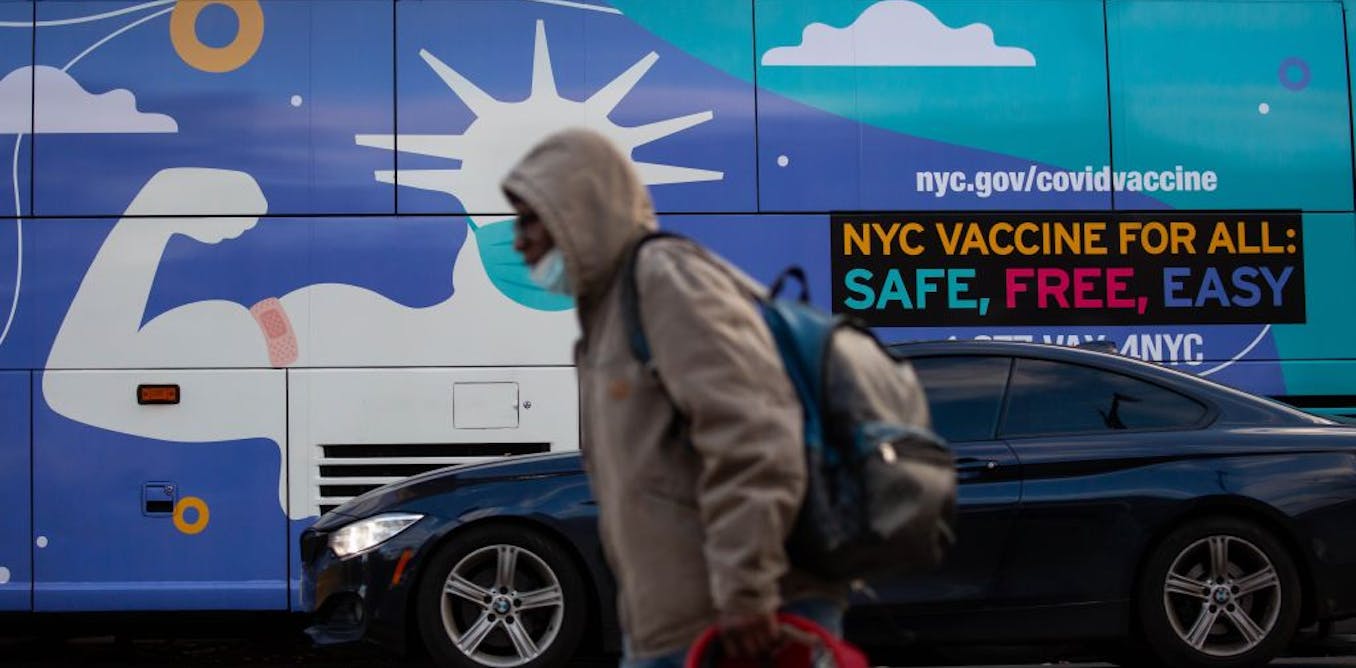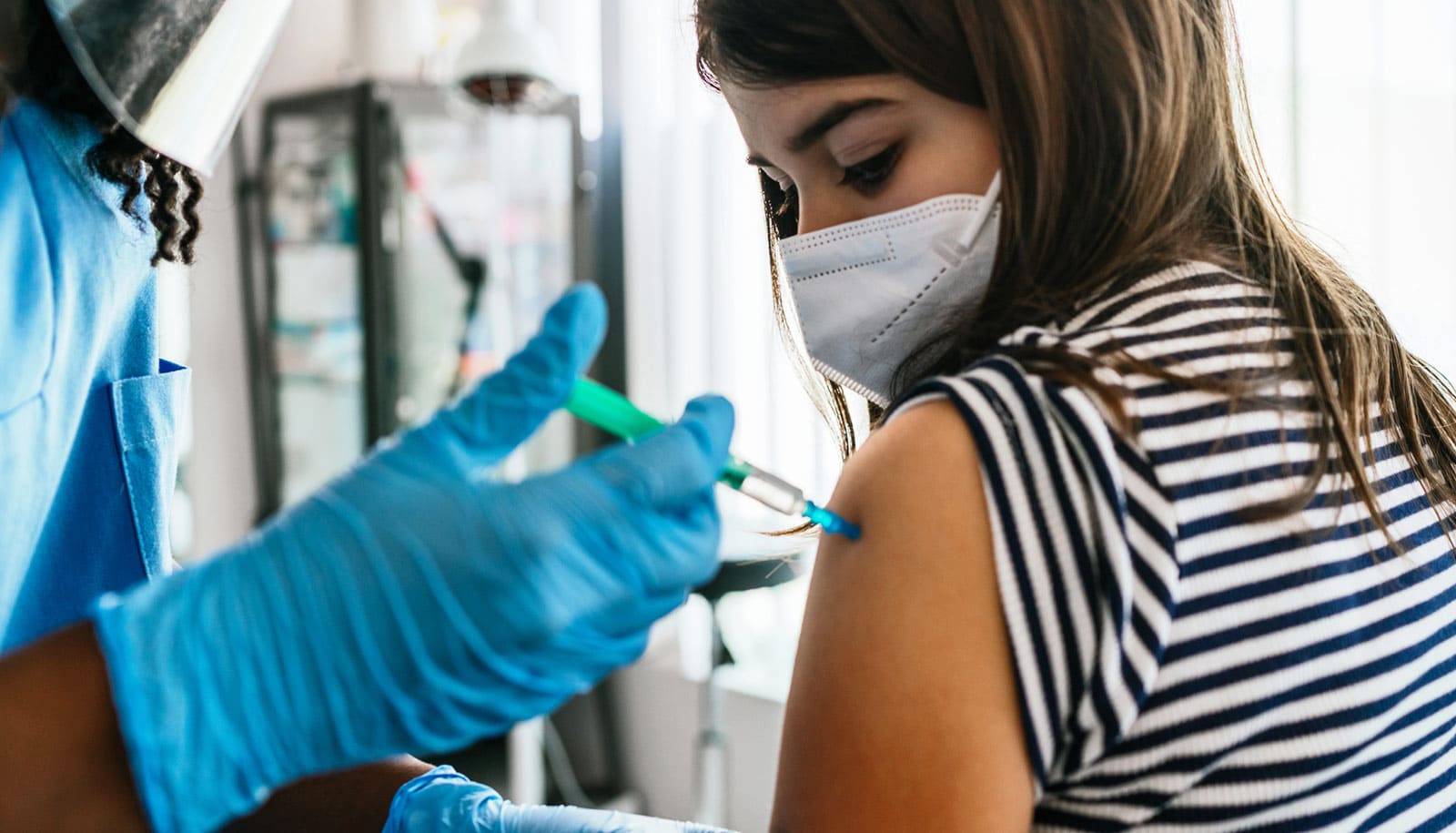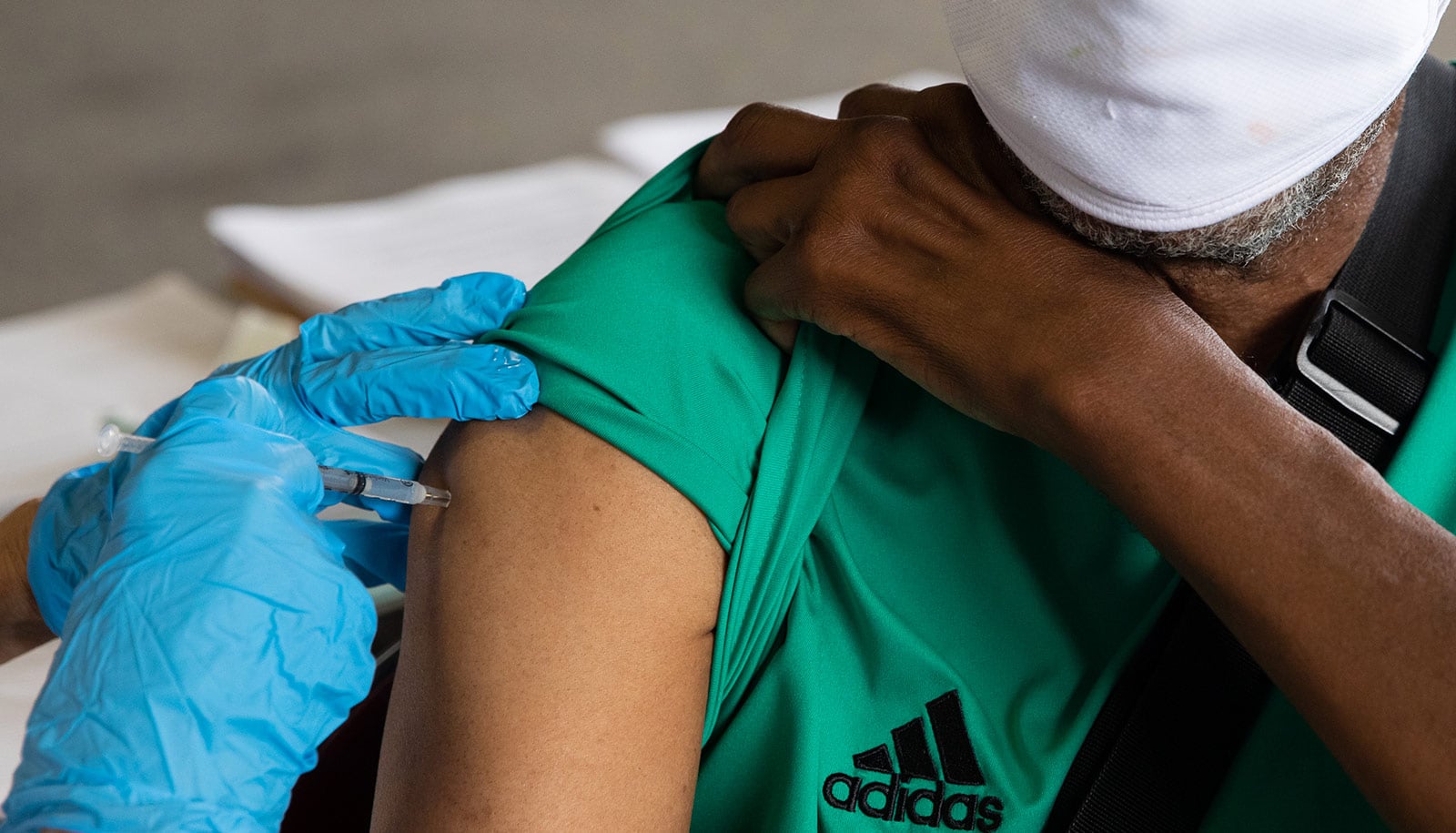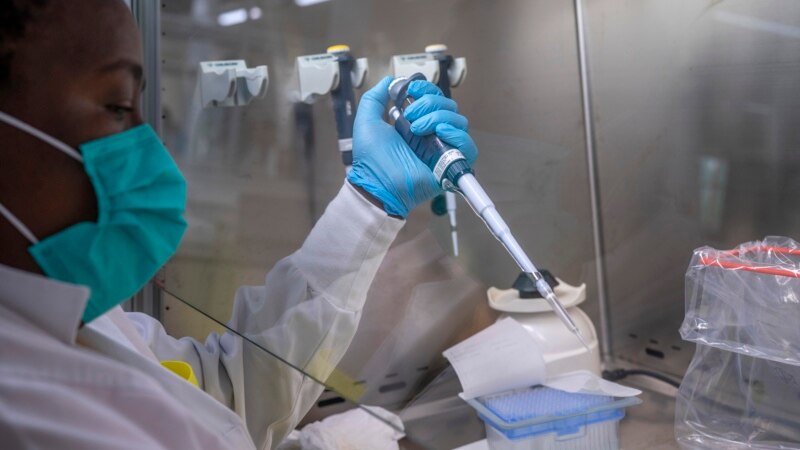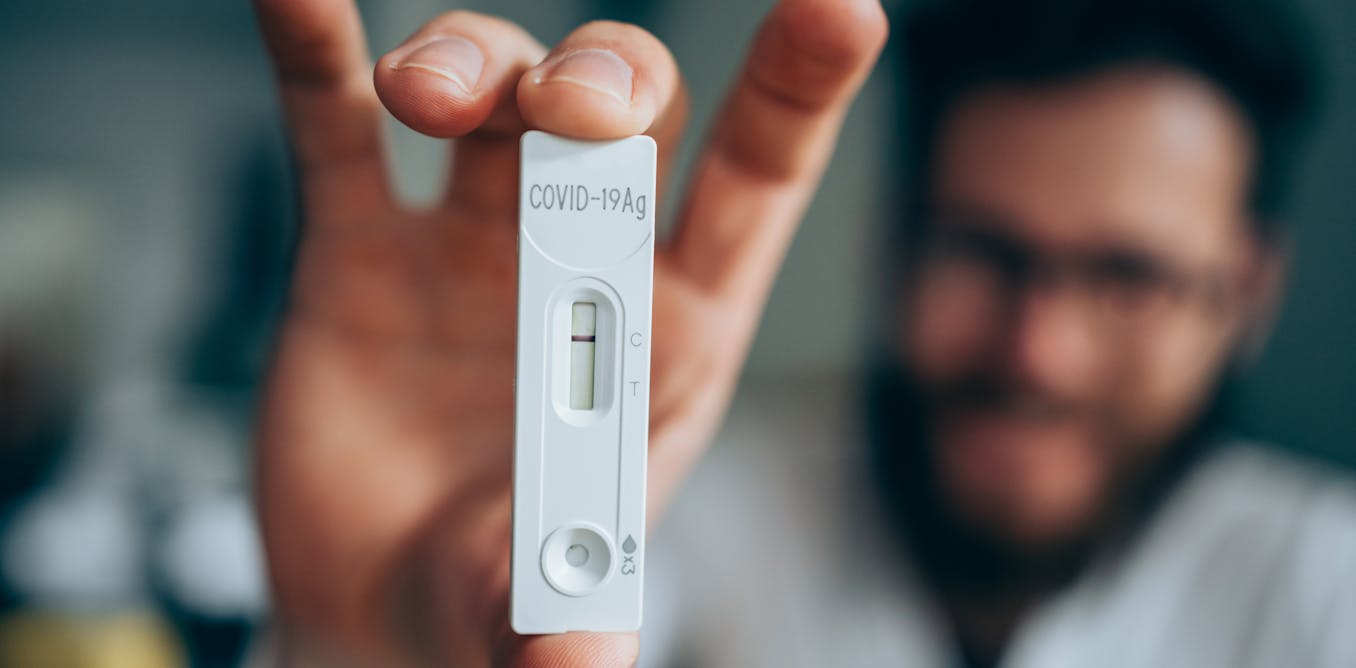Medical technologies have been central to US pandemic response – but social behaviors matter just as much
Vaccines and medical treatments can only go so far in an unequal society. Facing the ongoing history of racial discrimination and bias in the US would help end the pandemic.
Eyal Oren, Professor of Epidemiology, San Diego State University •
conversation
Dec. 22, 2021 • ~11 min
Dec. 22, 2021 • ~11 min
Omicron may be significantly better at evading vaccine-induced immunity, but less likely to cause severe disease
The Omicron variant of SARS-CoV-2 may be significantly better than previous variants at evading vaccine-induced antibodies, according to new research from
Cambridge University News •
cambridge
Dec. 20, 2021 • ~5 min
Dec. 20, 2021 • ~5 min
How effective are vaccines against omicron? An epidemiologist answers 6 questions
For a number of reasons, as time goes on vaccines become less effective. So how do researchers calculate how well vaccines are working?
Melissa Hawkins, Professor of Public Health, American University •
conversation
Dec. 15, 2021 • ~9 min
Dec. 15, 2021 • ~9 min
COVID-19 vaccines for children: How parents are influenced by misinformation, and how they can counter it
Pediatricians and other health care providers can take some concrete steps toward building trust and counteracting anti-vaccination misinformation.
Maya Ragavan, Assistant Professor of Pediatrics, University of Pittsburgh Health Sciences •
conversation
Dec. 15, 2021 • ~9 min
Dec. 15, 2021 • ~9 min
Rapid tests play a crucial role in curbing COVID-19 infections – especially as people gather for the holidays
Knowing when and how often to use rapid tests is key to getting an accurate picture of your COVID-19 status.
Nathaniel Hafer, Assistant Professor of Molecular Medicine, UMass Chan Medical School •
conversation
Dec. 10, 2021 • ~8 min
Dec. 10, 2021 • ~8 min
/
87


